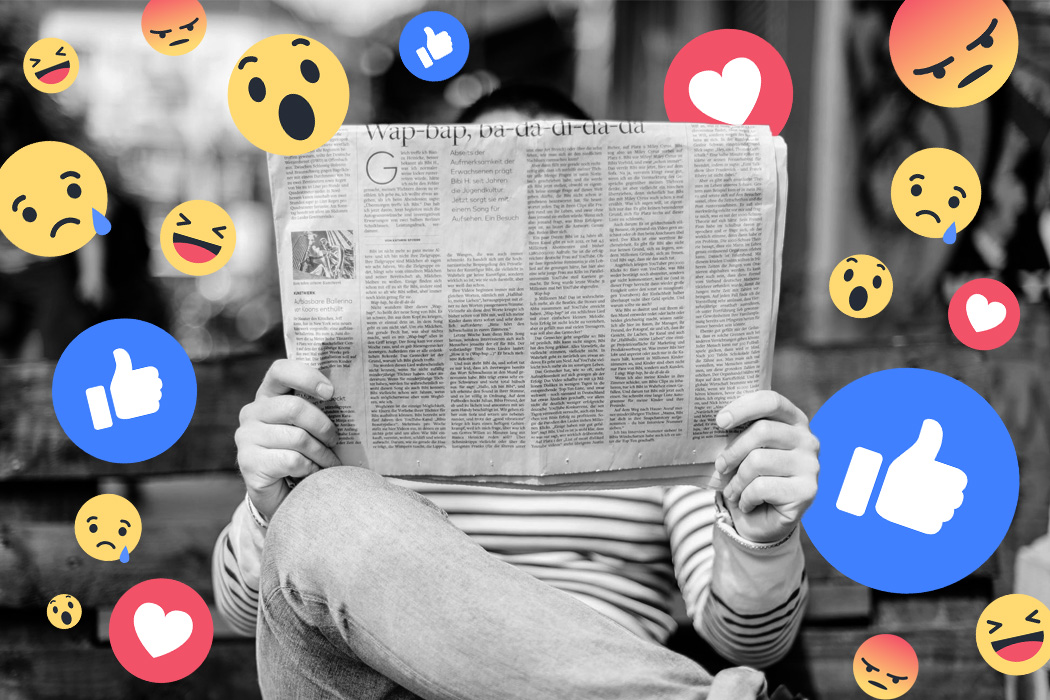The Covid-19 world is an absurd one. This being said through a South African lens particularly, but the sentiment rings true internationally.
I am by no means denying a deadly virus, but I am questioning the way in which social and traditional media have manipulated and sensationalized the Coronavirus to feed the morbid interest of the people and send countries worldwide into a place of no economic return. In South Africa, no significant amount of money or attention can be mustered to combat the following; 71000 people who have died of AIDS related deaths in 2019, while 7.7 million live with HIV; the fluctuating 40000-45000 people per year over the last five years who died of cancer; the 41583 police recorded rapes in 2018/19 and the 43000 children under five who died of malnutrition in South Africa 2018/19. Couple that with a police force that at the end of 2015 was solving only 30% of it crimes, according to IOL. Yet, the government has pumped half a trillion rand into a virus that at the time of writing had taken 369 lives, the majority of which were, as is the harsh reality, obese, diabetic, over 65 or had previously existing medical conditions. A 2 day old baby, born prematurely and thus suffering lung difficulties, to a mother Covid-19 positive, was the first South African infant death. The extenuating circumstances that the virus could pray on however, are not widely headlined. Such has been the manipulation of the media.
Lest we positively report though, on the 8950 recoveries or the death percentage that stood at 1.9% of the identified cases, among the 525433 tests that had been conducted. Because, as masks are becoming as much a fashion statement as health precaution, it is conversely unfashionable to report positively on the Coronavirus or to question the complete lack of communication and inconsistency from the South African government following the initial three week lockdown period. This three week lockdown period was set with the intention to flatten an initial spike, which as many reports show will still happen in some guise along the way, and to give the country time to prepare facilities to combat this. It would be tough for the country, already in economic turmoil to claw back from this. Following six more weeks of life in flux, with inconsistent and contradicting messages from the government, there is no hope of economic reprieve. We have mortgaged our economic future on a crisis sensationalized by media algorithms and political power plays, and we won’t even be able to fall back on sin taxes. A state in which you are told what you can eat, drink, smoke and wear is primarily run by wardens, and South Africans are just short of pulling on an orange jumpsuit.
South Africa, comparatively, has suffered significantly fewer cases than leading first world countries, but the feeling is that we are in a national crisis and not an international one. Yes, the inconsistent and draconian like measures implemented, along with flatulant minsters and a cabinet controlling their president is a national crisis. But this has become a problem removed from what is an international crisis in the Coronavirus and the mass hysteria that has characterised it. Media manipulation and inconsistent information have seen lockdowns internationally that would not have been given the time of day 10 years ago pre the boom of social media, meme culture and a generation that feeds on sensationalism and misplaced concern but fails to address many of the world’s problems at grass roots.
The unfortunate reality is that the livelihood, and lives, of the majority have been affected beyond conceivable return for a fraction minority that are and were, as crass as it may come across, at a great risk of death in the near future, without the Coronavirus. Covid-19 is a problem, a huge one, but the scary result outside of death is that the reactionary hysteria has become as much of a livelihood impacting factor as the virus itself.











